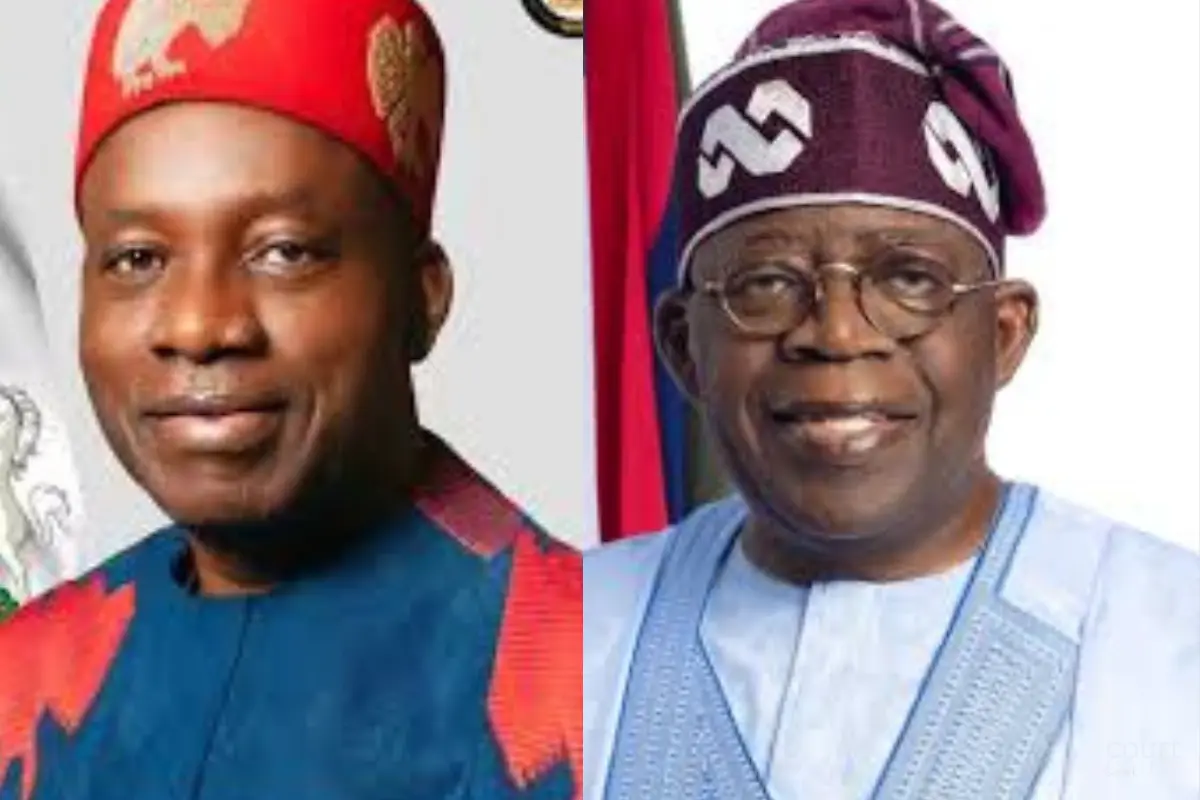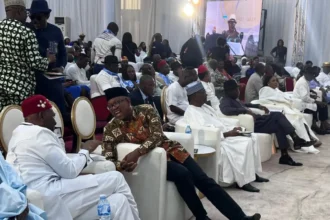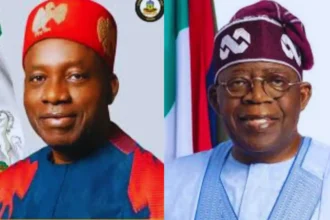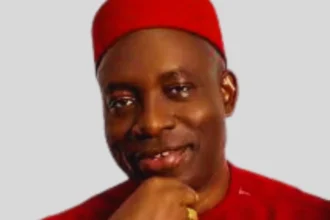Shortly after his inauguration, President Donald Trump took swift action by issuing executive orders that directly reversed key policies of the Biden administration. These moves reflect his long-standing promises to shift the US government’s stance on gender identity, diversity, and international relations.
One of Trump’s most contentious orders redefined the government’s recognition of gender, declaring that only two genders—male and female—are to be officially recognized, with no allowances for changes. This directive, which Trump highlighted in his inaugural address, has sparked widespread debate, particularly from health experts and advocacy groups who warn that such rigid definitions may harm individuals’ physical and mental well-being. The World Health Organization has cautioned that enforcing strict gender norms can lead to violence, stigma, and discrimination, especially in healthcare settings.
Trump’s stance on gender aligns with his broader opposition to what he calls “woke” culture, which includes challenges to diversity, equity, and inclusion (DEI) programs that he deems “radical.” As part of his orders, he sought to end federal DEI initiatives, halting funding and reviewing offices that were restructured under prior administrations to promote racial equity. This move mirrors broader corporate trends, with companies like McDonald’s, Walmart, and Meta scaling back their DEI efforts, while others, including Apple and Target, have continued to defend their programs.
The emphasis on traditional gender roles and the rollback of DEI programs coincide with the ongoing cultural and political battles surrounding transgender rights. Throughout his 2024 campaign, Trump aligned himself with conservative and religious groups that have criticized the expansion of transgender rights, particularly in areas like sports. Trump has consistently argued that allowing transgender athletes to compete according to their gender identity undermines women’s sports programs.
In a move to solidify his stance, Trump signed a policy platform known as Project 47, which includes cutting federal funding for what it terms “radical gender ideology” and limiting what he calls “inappropriate racial, sexual, or political content” aimed at children.
Trump’s policies also extended to the international stage. He signed an executive order signaling the US’s withdrawal from the World Health Organization (WHO), an action that further underscores his administration’s preference for a more isolated approach to global cooperation.
The fallout from Trump’s actions has been significant, with both domestic and global repercussions. DEI supporters argue that such programs are essential for addressing historical inequalities and discrimination based on race, gender, and sexuality. The debate over diversity policies was reignited after the racial justice protests of 2020, but has evolved since the US Supreme Court’s 2023 ruling against race-based college admissions, signaling a shift in how race and diversity are viewed in higher education.
Trump’s orders represent a new chapter in the culture wars, as he continues to challenge what he perceives as an overreach by progressive movements. His policies reflect his commitment to reshaping the federal government’s role in diversity, gender identity, and international relations, while responding to the growing influence of conservative voices in American politics.


















